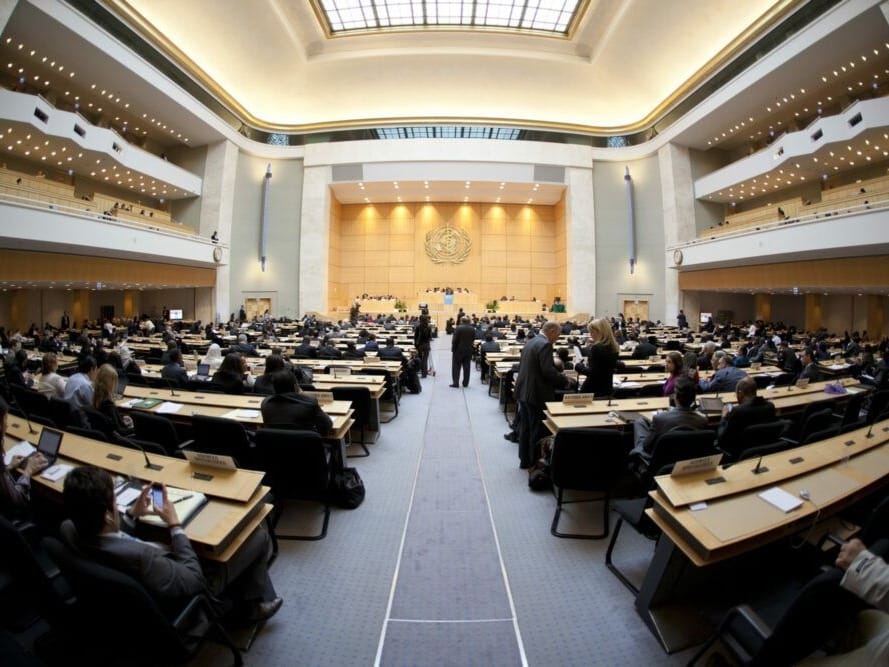GENEVA (AN) — Congo's spreading Ebola outbreak, universal health coverage and questions about spending and reform topped the World Health Assembly's agenda as its eight-day annual meeting got underway.
Delegates to the World Health Organization's decision-making body on Monday were asked to strengthen the U.N. health agency's response to the outbreak, which has steadily worsened since an expert panel last month advised it was not yet an international public health emergency.









